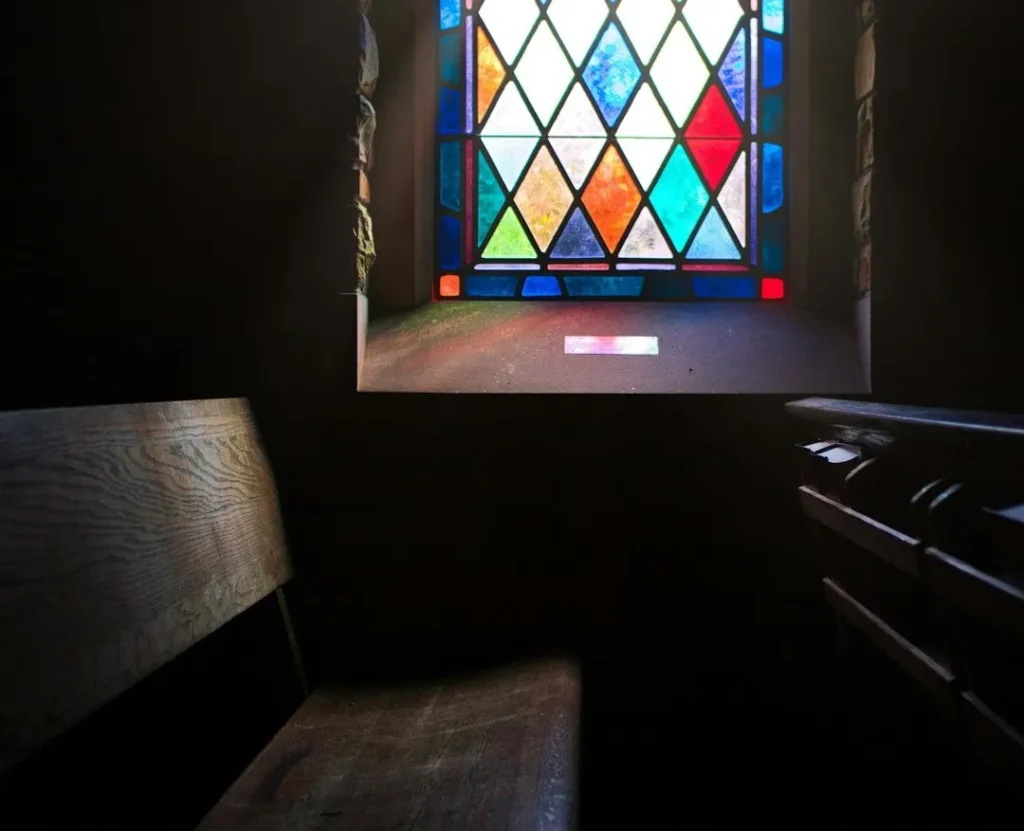The church can play an important role in American society again but both the church and those who might attend have a responsibility in addressing harms.
By Martin Henson
Beacon Media

“Church hurt” is exactly what it sounds like: some harm that occurred in the church that leaves a lasting impression.
Millions of Christians have left the church in recent years because of church hurt. Now, I think it’s time to address it. If the church really wants to entice an increasingly nonreligious society to come back into its fold, it is their responsibility to move past its own ego and provide a place for people to process their church hurt.
My church hurt was simple. One of my pastors cheated on his wife. The church fractured. I felt betrayed by the contradictions I witnessed, not yet old enough to understand that the church is made up of people who make mistakes.
Let’s talk about what is good about church before addressing the hurt. The church shepherds those seeking comfort from the harms of the world claiming all will be met with God’s love. No matter the denomination or congregation, Catholic, Southern Baptist, Mormon or Jehovah’s Witness, ushers welcome congregants into a sanctuary of support, praising and worshiping God, endorsing the words of the Bible.
Lined pews, invitations for deeper relationship with God and prosperity through the hardest times of your life are met with the most open, loving, faithful congregation that you, and many others like you, have always been waiting for.
I understand why many have left. You realize that the loving hand inviting you into the sanctuary also abuses his wife, the prayer circle you were invited to has been a harem for infidelity, and the youth pastor once in charge of you has violated children. The church shuns discussion around the impact of harm that happens within its walls.
That needs to change. If churches and Christians want to slow the increasing trend of those opting out of church, it’s time we started talking about church hurt, and those who lead these institutions should take responsibility and lead these discussions. I hear the stories of those who were abused by their spiritual advisors, received inappropriate advances from their deacons, and those who were forced to hide the addictions of the church elders. Gen Z’s distance from the church is informed by stories like these. I don’t blame them. We live in a world of deep polarization where the church is all bad, or all good. Six in 10 folks in America still identify as Christian, but the younger people are, the less they are attending church. They frequently cite “church hurt” as a reason.
Despite this, the church remains far more good than bad, with both benefiting from discussion. Regular attendees of church have lower rates of depression, engage in some form of volunteering, and gain support through significant life crises. When these crises come from within the church the silence is alarming. That silence should be replaced by opportunities for healing because the church is vital to a significant amount of people’s well being. Roughly three in 10 people in the U.S., amounting to over 100 million people, regularly attend religious services.
That’s greater than social participation in sports, community groups, and voting.
Churches and faith-based institutions, despite the good they do in the world, have a responsibility to address the harm their institutions may cause. This accountability is essential for the betterment of society as a whole.
To tackle this issue, churches can take proactive steps by hosting events for both religious and non-religious individuals to process their pain. Workshops and educational forums can invite mental health professionals and cultural practitioners to support those whose faith in people has been broken in a religious context, similar to the services offered to individuals navigating other types of challenges.
I processed my church hurt by taking on a personal mandate to improve the church that I occasionally frequent. I challenge faith leaders by talking directly to them about their responsibility to society, not just their congregation. This responsibility includes healing spiritual harm as well as providing spiritual guidance. This will allow for a church that some will believe in and all can respect.